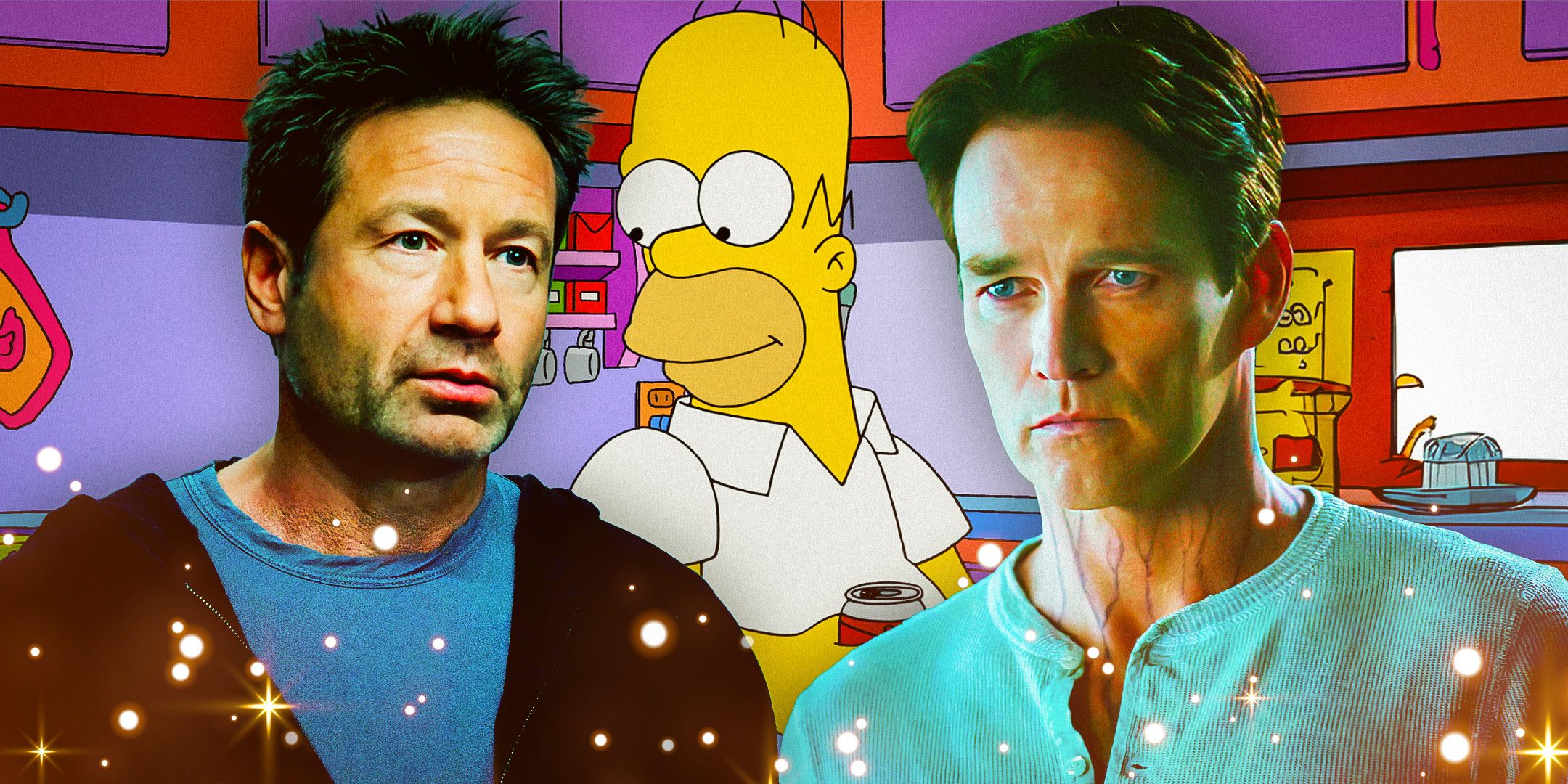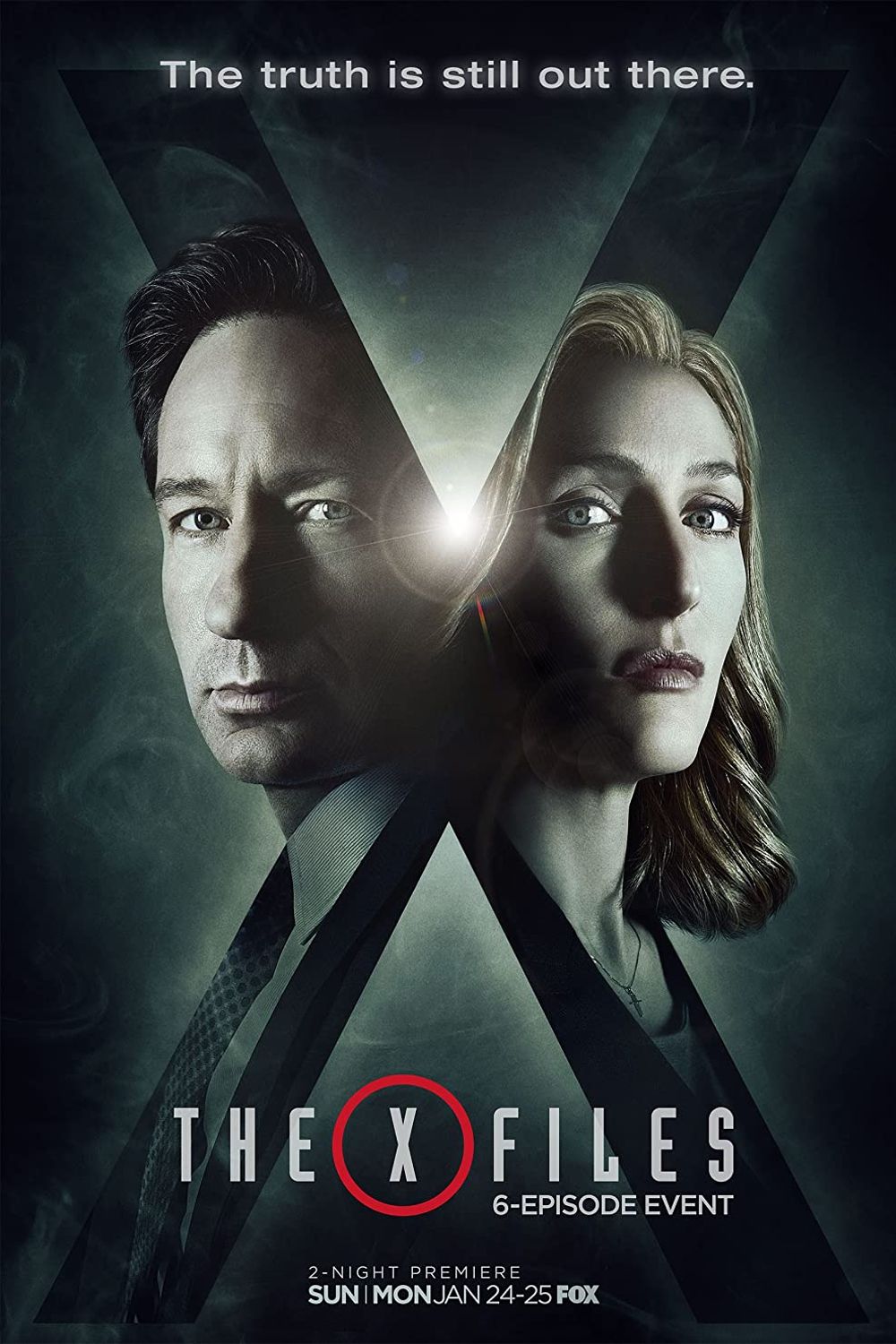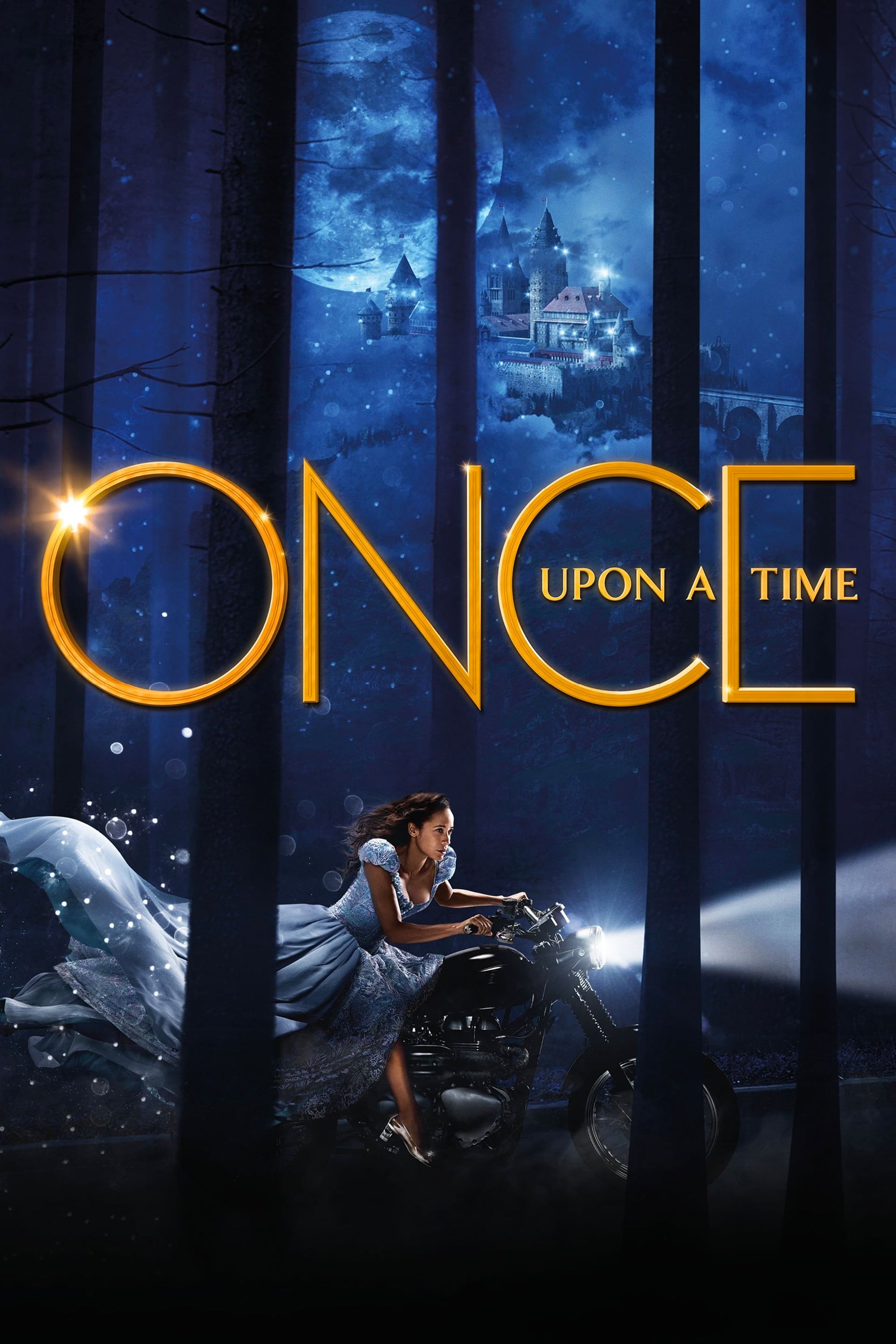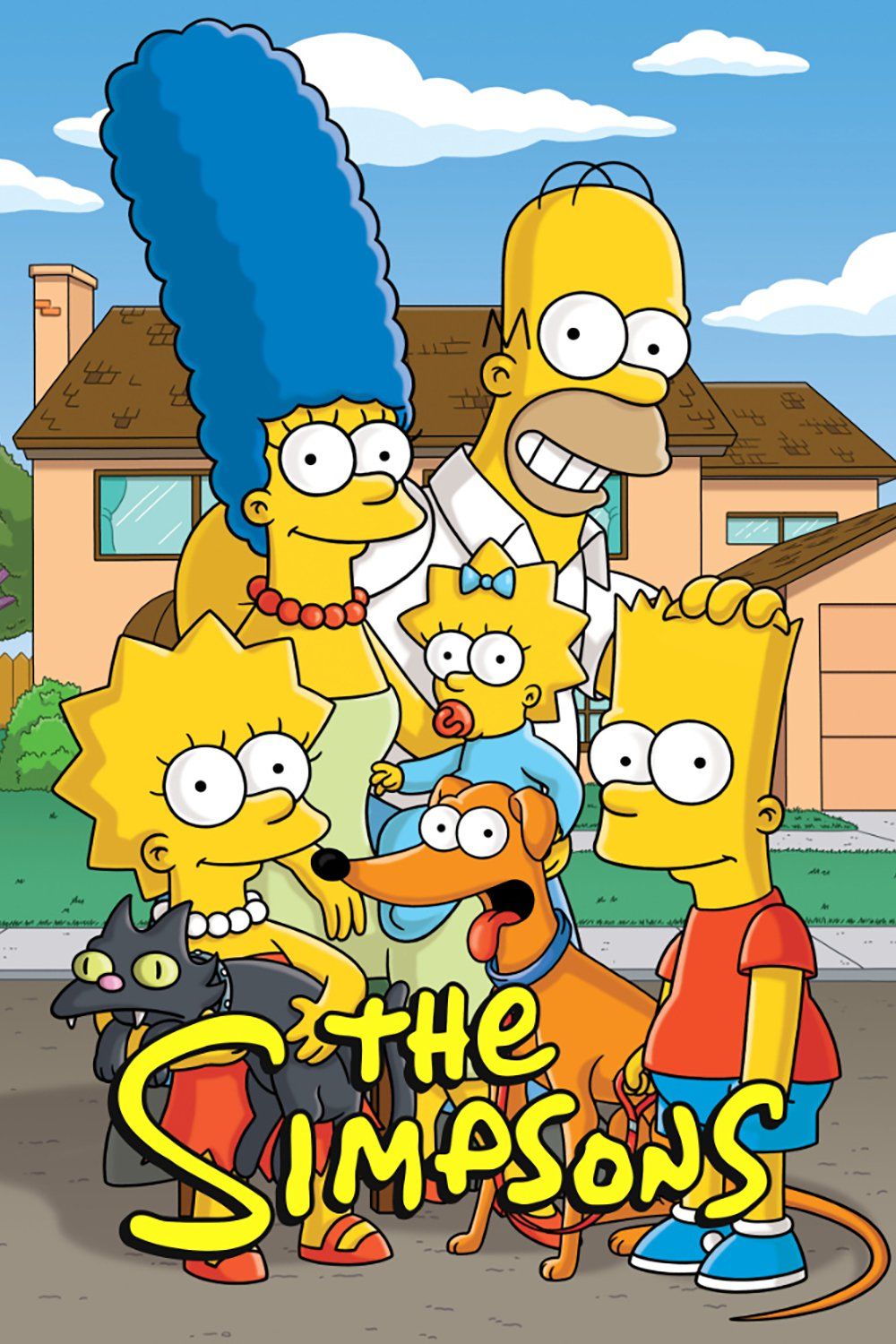10 Hit TV Shows That Went On Way Past Their Prime

While actors, writers, and directors often want to continue indefinitely when they’ve got a hit TV show on their hands, it’s always disappointing for audiences when a show continues past its prime. It can be tempting to continually renew a show when there’s a willing audience eagerly excited about a new season, but this often leads to series that continue well past their prime and are artificially extended with convoluted plotlines and a rotating cast of main characters. There were even some shows that peaked early and should have ended with season one, yet continued needlessly for years on end.
Some hit TV shows had the potential to be among the best shows ever made, yet too many seasons meant they lost their appeal, and viewers slowly lost interest and stopped watching. Other examples had an excellent premise in their earliest seasons, but they decided to introduce a new conflict after the entire narrative had already been neatly wrapped up and concluded. While some shows were able to maintain their quality throughout their entire run, the reality was that many went on well past their prime.
10 True Blood (2008 – 2014)
7 Seasons
The campy vampire drama True Blood was one of HBO’s most interesting shows in its earliest seasons, as it had an enjoyable satirical sense of humor, delivered fantastic worldbuilding, and had engaging romantic elements. By using supernatural creatures as allegories for real-world social issues, the waitress Sookie Stackhouse’s (Anna Paquin) life in small-town Louisiana was made all the more interesting after a synthetic blood brand allowed vampires to come out of the coffin and join mainstream society. This had clear links to LGBTQ+ and social issues and was a clever and unique way to address important topics.
Yet, despite a strong start, True Blood extended well past its prime and ran for a whopping seven seasons. As too many supernatural creatures and subplots distracted from the original point of the show, True Blood devolved into a bloated and uninteresting exploration of endless love triangles and pointless conflicts. In retrospect, less would have been more when it came to True Blood, and had it focused on quality and not quantity, it would have been a much better show.
9 The X-Files (1993 – 2002, 2016 – 2018)
11 Seasons
The groundbreaking mix of paranormal mystery, character-driven stories, and thrilling conspiracy theories made The X-Files one of the most popular shows of the 1990s. With one of television’s greatest onscreen duos, the true believer Fox Mulder (David Duchovny) and the supernatural skeptic Dana Scully (Gillian Anderson), The X-Files had a fantastic dynamic that carried it forward across several incredible seasons. However, as the seasons continued, The X-Files began to show signs of fatigue, and it felt like it had been extended beyond its natural lifespan.
With spin-off shows, comics, movies, and even disappointing revival series, just because viewers have continued to discuss and enjoy the legacy of The X-Files didn’t mean it needed to be needlessly revived repeatedly. As The X-Files got into its later seasons, the once-fascinating mythology of the show became overly convoluted and no longer felt as exciting or mysterious as it once was. While Mulder and Scully will always be great TV characters, the truth is that The X-Files has continued well past its prime.
8 Once Upon A Time (2011 – 2018)
7 Seasons
Once Upon a Time was a fantasy adventure that put a dark spin on fairytale stories in a unique and engaging way. Telling the story of Emma Swan (Jennifer Morrison) and her 10-year-old son, Henry Mills (Jared S. Gilmore), Once Upon a Time alternated between two settings: one was a world where fairy tales happen, and the other a fictional seaside town called Storybrooke. With the residents of Storybrooke being actual fairytale characters transported to the real world, Once Upon a Time blended fantasy and reality to create a violent and often racy reimagining of classic tales.
Yet, the harsh truth was that Once Upon a Time lost its magic as it progressed, and its convoluted plotlines and alternate realities felt like it overloaded the show. While the show’s ensemble cast was part of its appeal in the beginning, too many characters were introduced as the writers tried to shoehorn in an endless array of underdeveloped fairytale figures. Once Upon a Time even tried to reinvent itself in its final season with a new setting, but this was underwhelming, and the show ended with a whimper and not a bang.
7 The Simpsons (1989 – Present)
36 Seasons
It’s hard to think of a TV show that had a bigger effect on pop culture in the 1990s than The Simpsons. This satirical sitcom about the yellow-skinned Springfield family was such a hit that it’s gone on to become the longest-running American sitcom of all time, although even its biggest supporters will admit that the Golden Age of The Simpsons ended a long time ago. While Homer, Marge, Bart, Lisa, and Maggie are household names the world over, with 36 seasons and counting, it’s hard to deny that The Simpsons should have called it quits decades ago.
The biggest problem with The Simpsons running for so long is that the show has truly done it all, and it feels like the fresh appeal of its satirical slant has long gone stale. The Flanderization of not just Homer’s neighbor Ned but practically every character on the show means that it’s become almost a parody of itself in recent years. While The Simpsons still knocks out some great modern episodes that recall the highs of its glory days, it’s been more misses than hits for years, and it might be time to just close the book on Springfield.
6 Arrested Development (2003 – 2006, 2013 – 2019)
5 Seasons
Arrested Development was truly one of the most innovative and well-written sitcoms ever made, as its unique sense of humor and strong attention to detail made it stand out. With well-developed characters and a talented cast, Arrested Development follows the dysfunctional Bluth family and the straight-man son Michael (Jason Bateman), who attempts to keep his materialistic family together after their father was arrested in the first episode. With plenty of running gags and a committed cult following, for its first three seasons, Arrested Development was one of the most underrated shows on television.
While this was as good a legacy as any TV show could ask for, things went off the rails when Arrested Development was revived in 2013. The two-season Arrested Development revival had its moments and even tried to continue its ambitious creative practices with a non-linear structure for season four, but it was clear the show was past its prime. There were doses of self-referential and metafictional humor that used to work so well, but the original run of Arrested Development will always be its glory days.
5 Riverdale (2017 – 2023)
7 Seasons
As a self-aware reimagining of Archie Comics, when Riverdale first aired, it appeared to be a genuinely exciting teen drama with a compelling murder mystery at its core. As an odd, daring, and bingeable series that felt like Twin Peaks for Generation Z, the way Riverdale explored the dark underbelly of its deceptively normal setting connected with viewers who eagerly tuned in each week to discover the untold evil lurking within this small town. Had Riverdale not continued long past its prime, it would have earned a reputation as one of the most unique and original teen dramas ever.
Sadly, Riverdale’s continued existence told a much different story as it dragged on for seven seasons, each with diminishing returns. While Riverdale’s willingness to shake up its genre in between series was admirable, it grew increasingly unwieldy as it introduced supernatural concepts and addressed social and political issues with little nuance. There was something special about Riverdale’s first season, but as later seasons were bloated with 20-plus episode counts, it felt like a lot of content was being made that had very little to say.
4 Glee (2009 – 2015)
6 Seasons
The earliest episodes of Glee were truly a breath of fresh air in the TV landscape of 2009. With a talented ensemble cast, enjoyable covers of popular songs, and a campy sense of humor that poked fun at the ridiculously cutthroat nature of theater kids in high school, Glee was an enjoyable satire that addressed issues of sexuality, gender, race, and family head-on. As a jukebox musical show that was clever and fun to watch, it’s no surprise that Glee quickly became one of the most popular hit shows on TV.
It was not just the teen characters who added to Glee’s appeal as the club’s director Mrs. Schuester and cheerleading coach Sue Sylvester were just as essential to the show’s success. However, the originality of Glee’s first season soon grew stale, and the premise quickly wore thin. As Glee lost its unique appeal in its later years, the series shifted its focus away from the core cast and more toward celebrity guests, gimmicky episode concepts, and over-the-top melodrama. Glee overstayed its welcome and, like the best musical performances, should have bowed out early and left the audience wanting more.
3 13 Reasons Why (2017 – 2020)
4 Seasons
The Netflix hit 13 Reasons Why was a prime example of a TV show that should have ended after just one season. Based on a novel by Jay Asher, this teen drama had its premise built into its title, and once the original story about the deceased high school student Hannah Baker’s cassette tape outlining the reasons she ended her life was told, the show should have ended right there. If 13 Reasons Why had been just a miniseries and allowed the show to conclude naturally, then it would have gone down as a compelling, effective, and thought-provoking teen drama.
However, the popularity of 13 Reasons Why was too much to ignore, and it was decided to artificially continue the show well past its prime. As the show strayed ever further from its original concept throughout its four seasons, the reviews and reception were increasingly harsh. As a melodramatic exploitation of triggering topics, the entire point of 13 Reasons Why was lost along the way, and by the end, it was a draining and off-putting viewing experience that milked the tragedy of its character’s miserable existences for all they were worth.
2 Two And A Half Men (2003 – 2015)
12 Seasons
The charisma and appeal of Charlie Sheen were the driving force behind the success of Two and a Half Men in its earliest years. As Charlie Harper, the hedonist bachelor whose life was turned upside down when his brother Alan and young nephew Jake moved in with him, Sheen’s real-life womanizing reputation was juxtaposed with the do-gooder attitude of Jon Cryer’s Alan. Two and a Half Men was essentially a show about family as the siblings contrasted each other in every way.
However, behind-the-scenes controversy meant that Sheen exited the show in the wake of substance abuse problems and a public feud with the Two and a Half Men creator, Chuck Lorre. Without Sheen, the show’s premise no longer made any sense, yet the show was still a hit, and, rather than call it a day, Ashton Kutcher was brought in as a replacement. While Two and a Half Men continued for four more seasons with Kutcher as the billionaire Walden Schmidt, who inexplicitly allowed Alan to keep living with him, the show was a shell of its former self.
1 The Walking Dead (2010 – 2022)
11 Seasons
It’s truly hard to underestimate how excited The Walking Dead was when it first premiered in 2010. As a horror TV show that had the same intensity and production values as the best zombie-based feature films, this felt like an extraordinary opportunity to flesh out its world and give television its own answer to George A. Romero’s Night of the Living franchise. With great characters, high stakes, and an engaging level of worldbuilding, it’s disappointing how much The Walking Dead went off the rails in its later seasons.
The cracks were apparent early on as The Walking Dead showrunner Frank Darabont, known for classic Stephen King adaptations like The Shawshank Redemption and The Mist, was fired from the show after its first season. As the years went on, The Walking Dead failed to innovate its story structure, and in the later seasons, it felt like it was progressing without any endpoint in sight and that the show had squandered the audience’s goodwill. By the final seasons, The Walking Dead was much like the zombies it featured, entirely soulless but still somehow sticking around.
World News || Latest News || U.S. News
Source link












